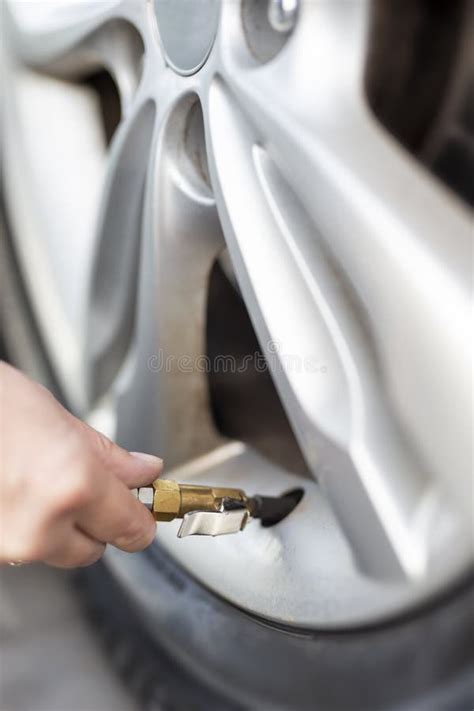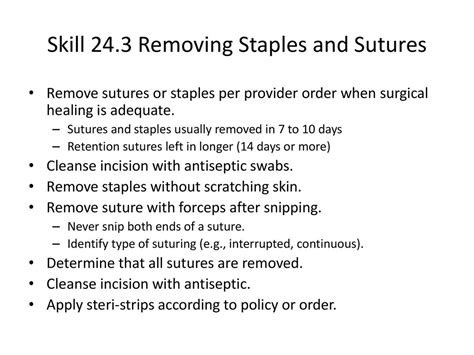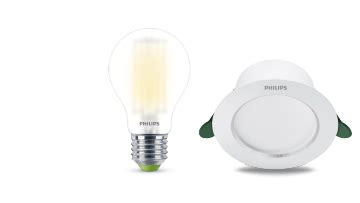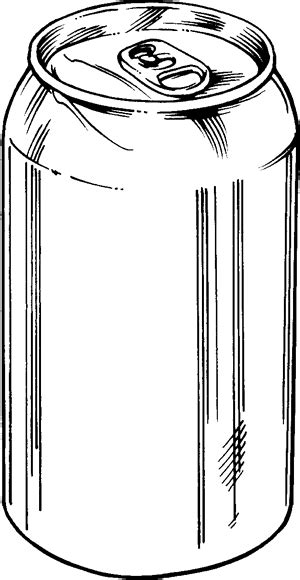Smart Driving Habits: The Easiest Way to Save
One of the most impactful ways to improve your car’s fuel efficiency doesn’t cost a dime: it’s all about how you drive. Aggressive driving – rapid acceleration, hard braking, and excessive speeding – can dramatically decrease your miles per gallon (MPG). By adopting a smoother, more anticipatory driving style, you can see significant savings at the pump.
Focus on gentle acceleration and deceleration. Imagine an egg under your accelerator pedal; you want to accelerate smoothly without ‘breaking’ it. When approaching a stop or slow-down, ease off the gas early and let your car coast, utilizing its momentum. This not only saves fuel but also reduces wear and tear on your brakes and tires.

Maintain Consistent Speeds and Avoid Idling
Maintaining a consistent speed is crucial. Using cruise control on highways helps prevent unnecessary acceleration and deceleration. Furthermore, observe speed limits, as fuel economy tends to decrease rapidly at speeds above 50 mph. For every 5 mph you drive over 50 mph, it’s like paying an additional $0.35 per gallon.
Excessive idling is another fuel-wasting habit. If you anticipate being stopped for more than 60 seconds (e.g., waiting for someone, at a long train crossing), it’s generally more fuel-efficient to turn off your engine and restart it when you’re ready to go. Modern cars are designed to handle frequent starts without issue.
Essential Maintenance: Your Car’s Best Friend
Keeping your vehicle well-maintained is fundamental to its efficiency. Simple, routine checks can prevent your car from working harder than it needs to, thus consuming more fuel.
Check Your Tire Pressure Regularly
Under-inflated tires increase rolling resistance, forcing your engine to use more power and fuel. Check your tire pressure at least once a month, including your spare, and always inflate them to the manufacturer’s recommended PSI, which can usually be found on a sticker inside your driver’s side door jamb or in your owner’s manual. Properly inflated tires can improve fuel economy by up to 3%.

Keep Up with Engine Tune-Ups and Filters
A well-tuned engine operates more efficiently. Ensure your spark plugs are clean and in good condition, as misfiring plugs can significantly impact fuel economy. Replace your engine’s air filter regularly; a dirty air filter can restrict airflow to the engine, causing it to work harder and consume more fuel. Similarly, a clogged fuel filter can impede fuel delivery, leading to decreased efficiency.
Regular oil changes with the recommended type and grade of motor oil also contribute to better fuel economy by reducing friction within the engine. Consult your owner’s manual for the correct service intervals.
Simple Tricks for Everyday Savings
Beyond driving habits and maintenance, a few easy adjustments to your daily routine can help you squeeze more miles out of every gallon.
Lighten Your Load and Improve Aerodynamics
The heavier your car, the more fuel it consumes. Remove any unnecessary weight from your trunk or back seat – sports equipment, tools you don’t need daily, or forgotten items. Every extra 100 pounds can reduce your MPG by about 1-2%.

Aerodynamics also play a role, especially at higher speeds. Roof racks, cargo carriers, or even open windows create drag. Remove roof racks when not in use and keep windows closed at highway speeds to reduce air resistance. Use your car’s ventilation system or AC sparingly; while AC does consume fuel, driving with windows down at highway speeds often creates more drag than the AC consumes.
Plan Your Routes Wisely
Combine multiple errands into a single trip to avoid cold starts, which consume more fuel. Plan your routes to avoid heavy traffic and construction, as stop-and-go driving is a major fuel killer. Utilizing navigation apps that provide real-time traffic updates can help you find the most efficient path.

Conclusion
Maximizing your car’s fuel efficiency doesn’t require expensive after-market parts or complicated modifications. By simply focusing on smarter driving habits, diligent maintenance, and a few practical adjustments, you can significantly reduce your fuel consumption and save money without breaking the bank. These small changes, consistently applied, add up to substantial savings over time, benefiting both your wallet and the environment.




